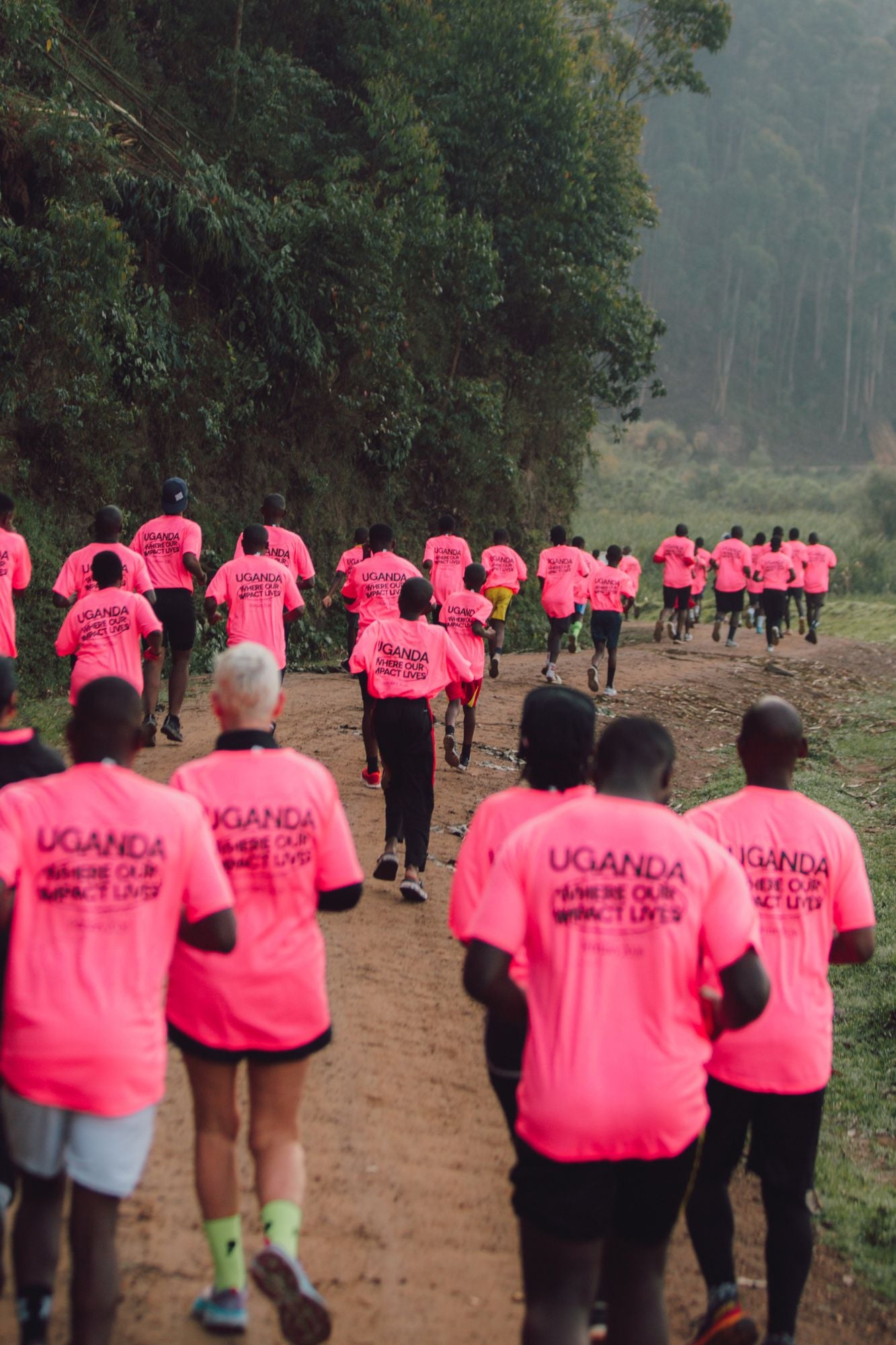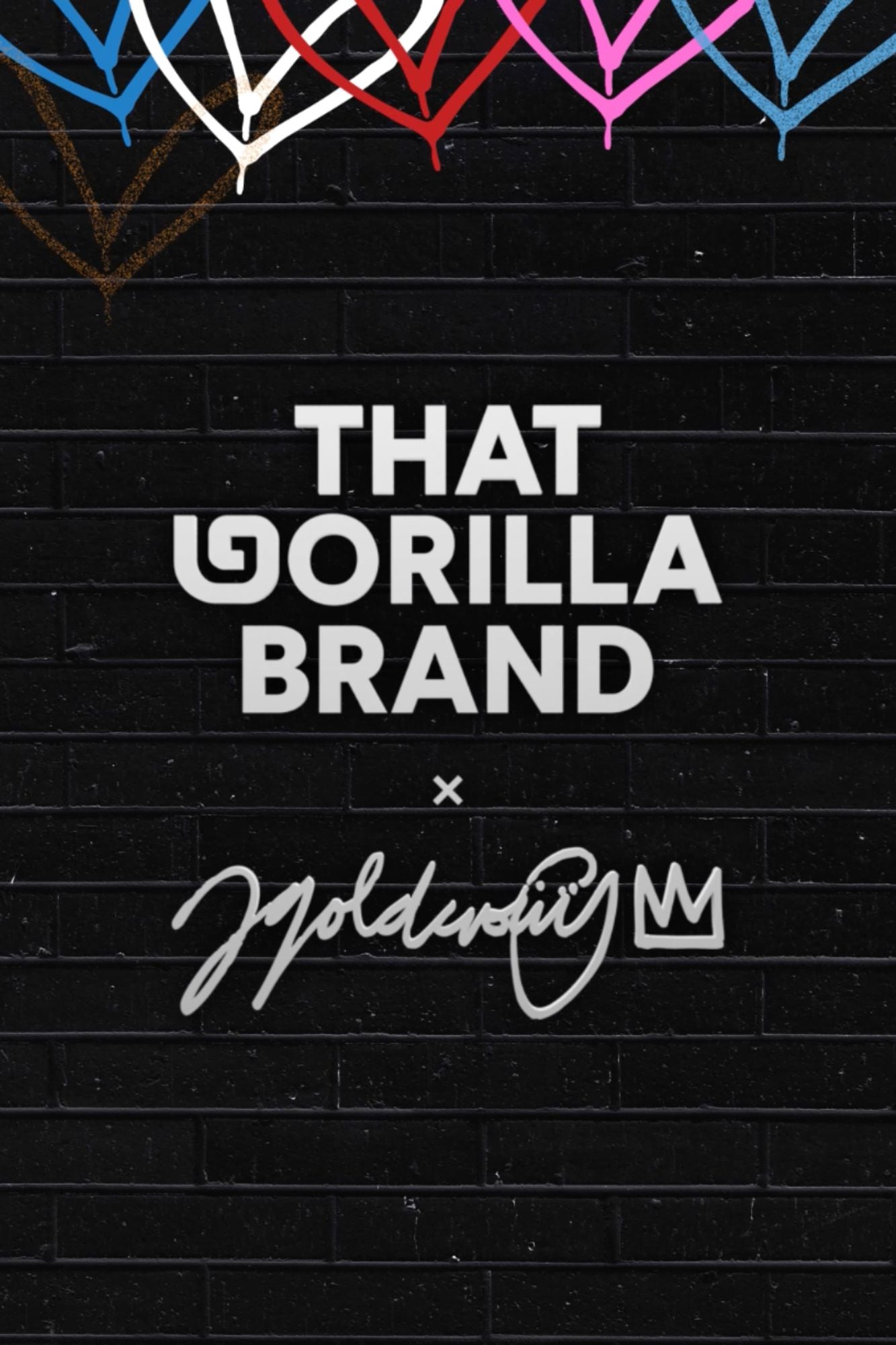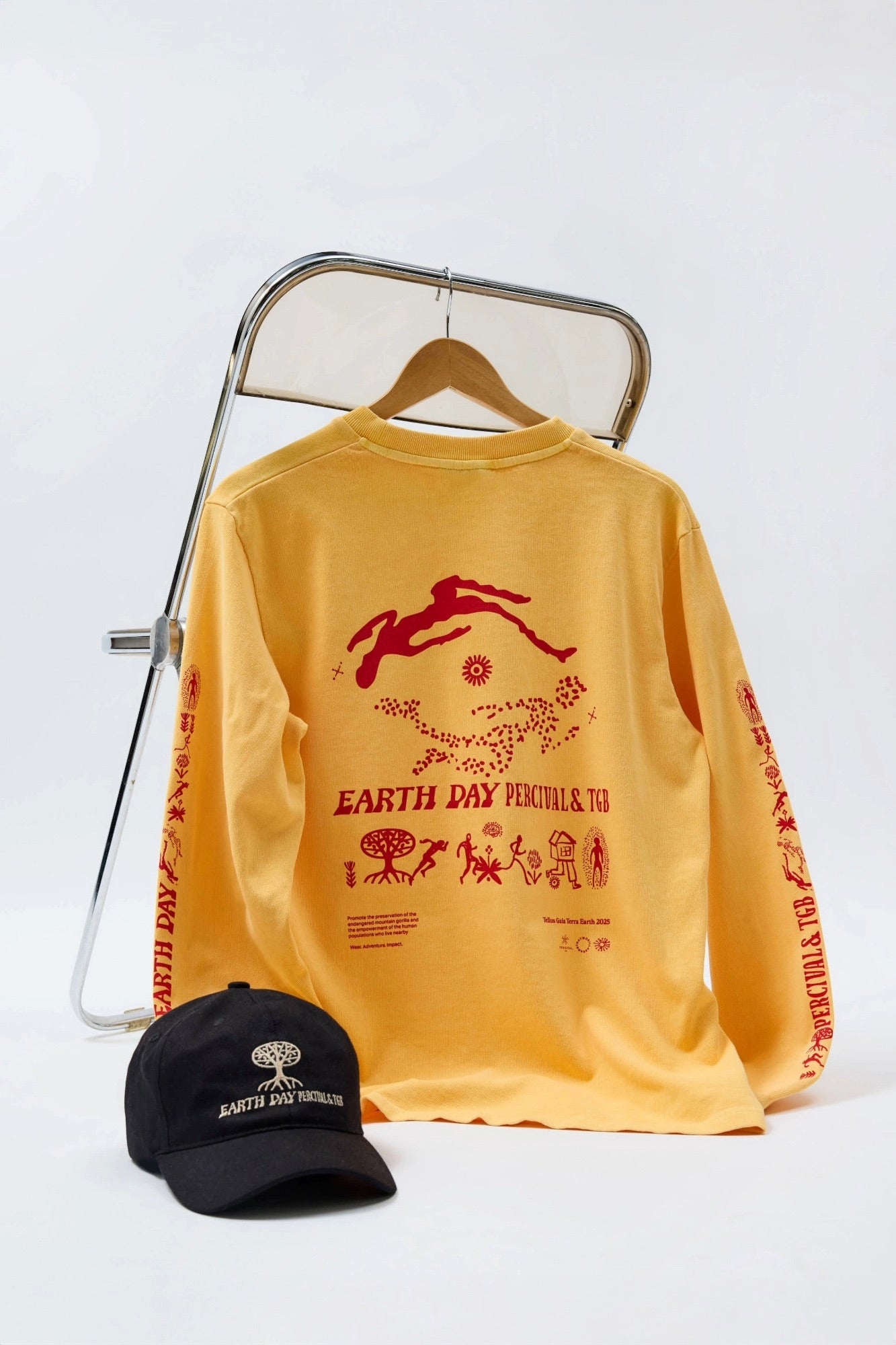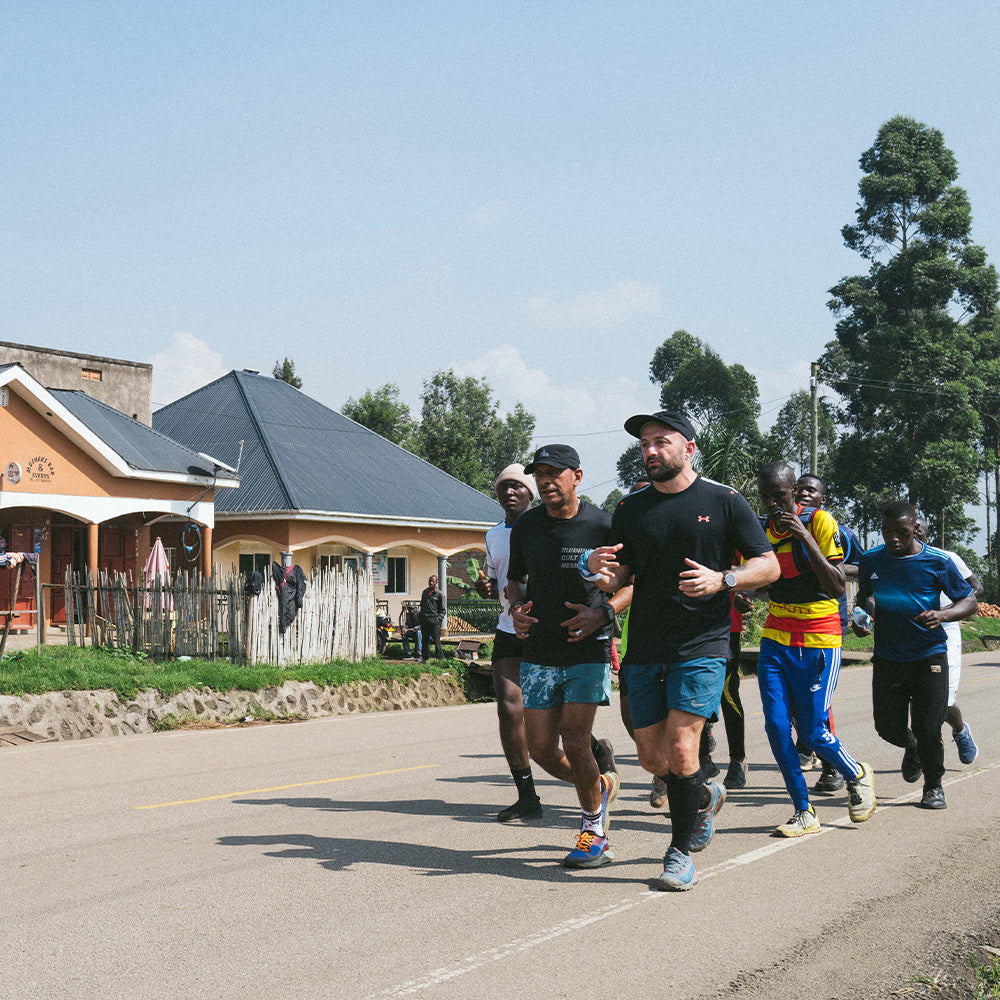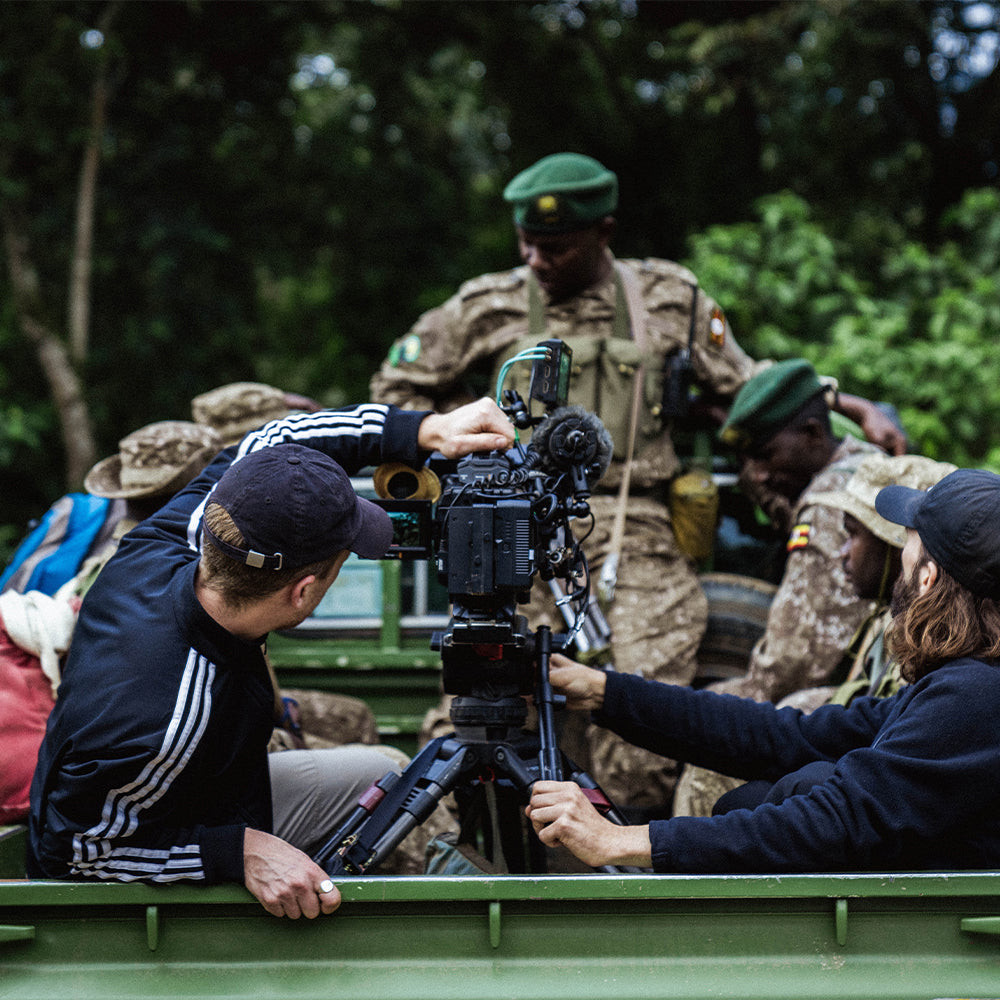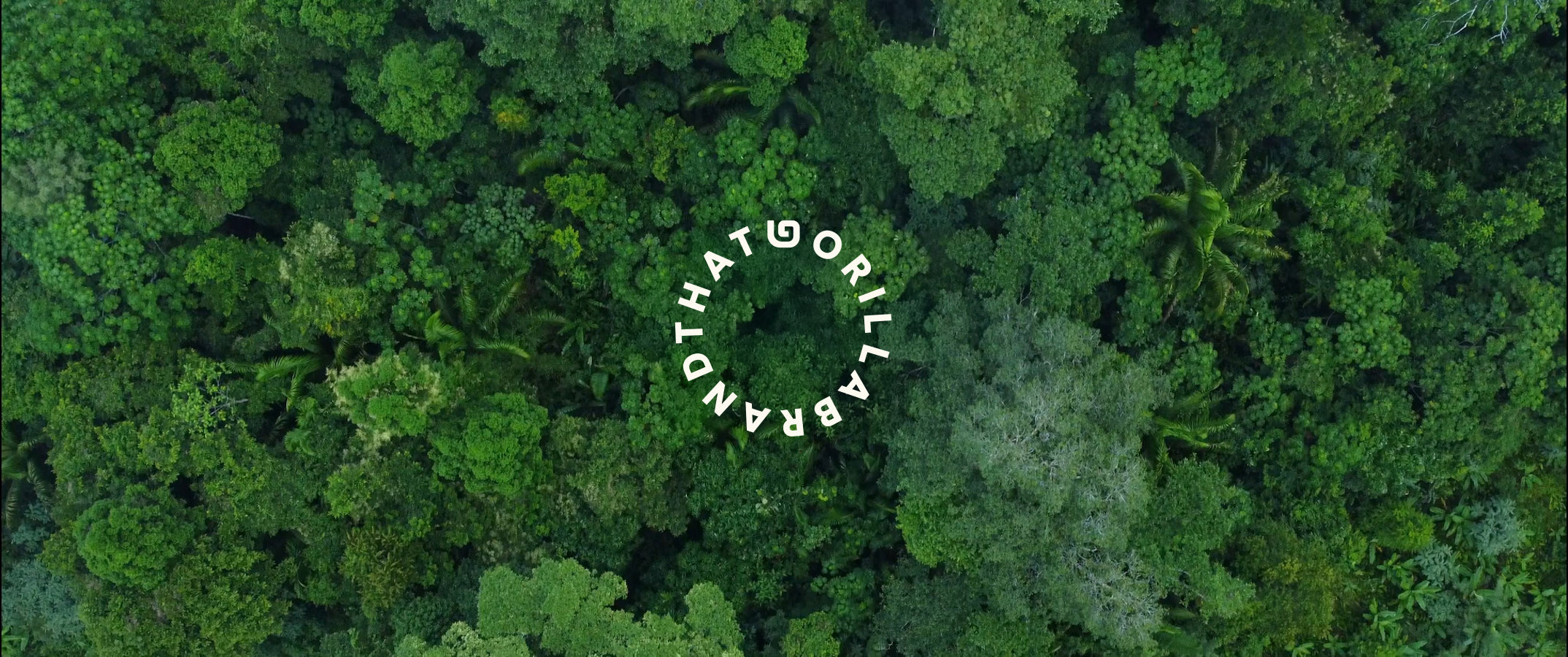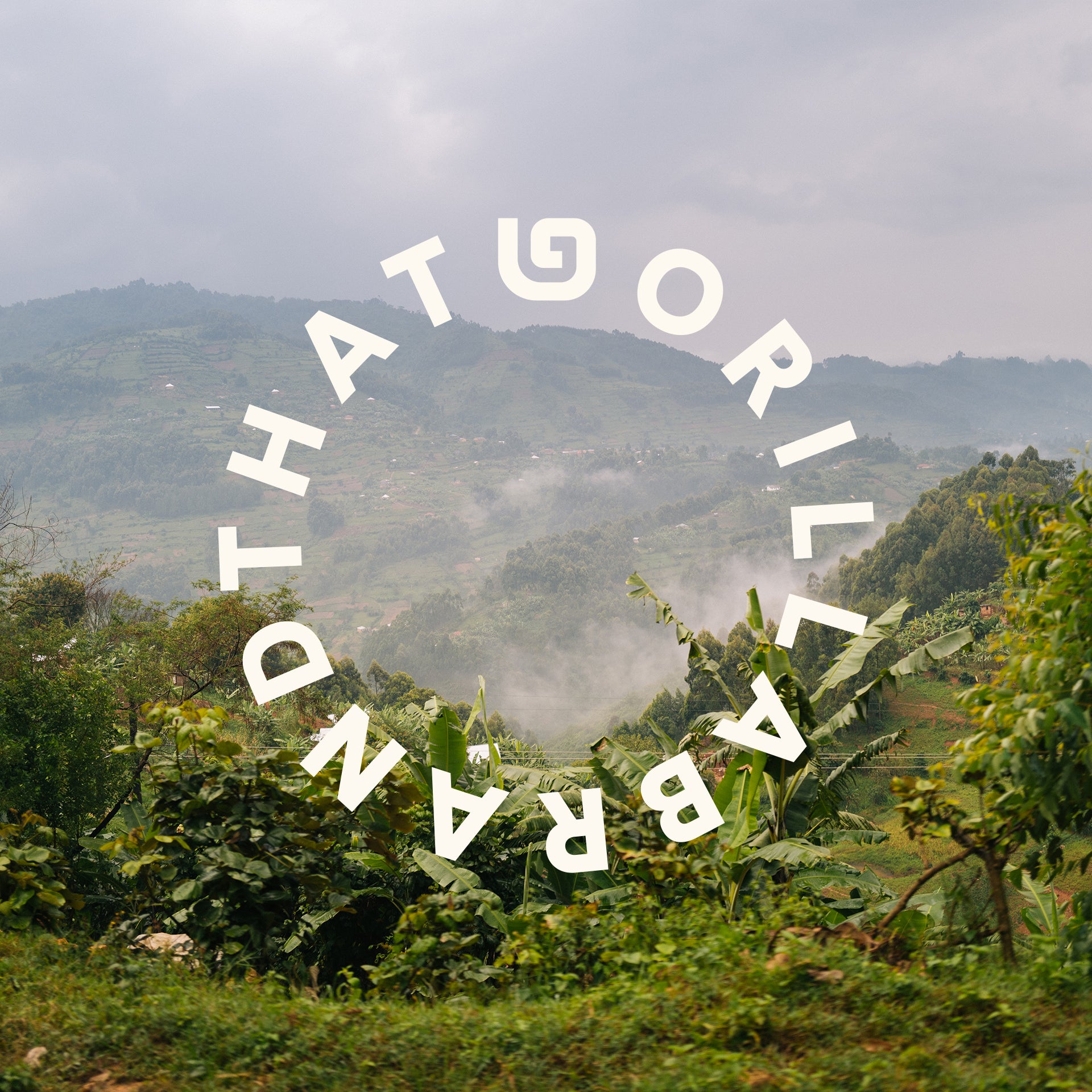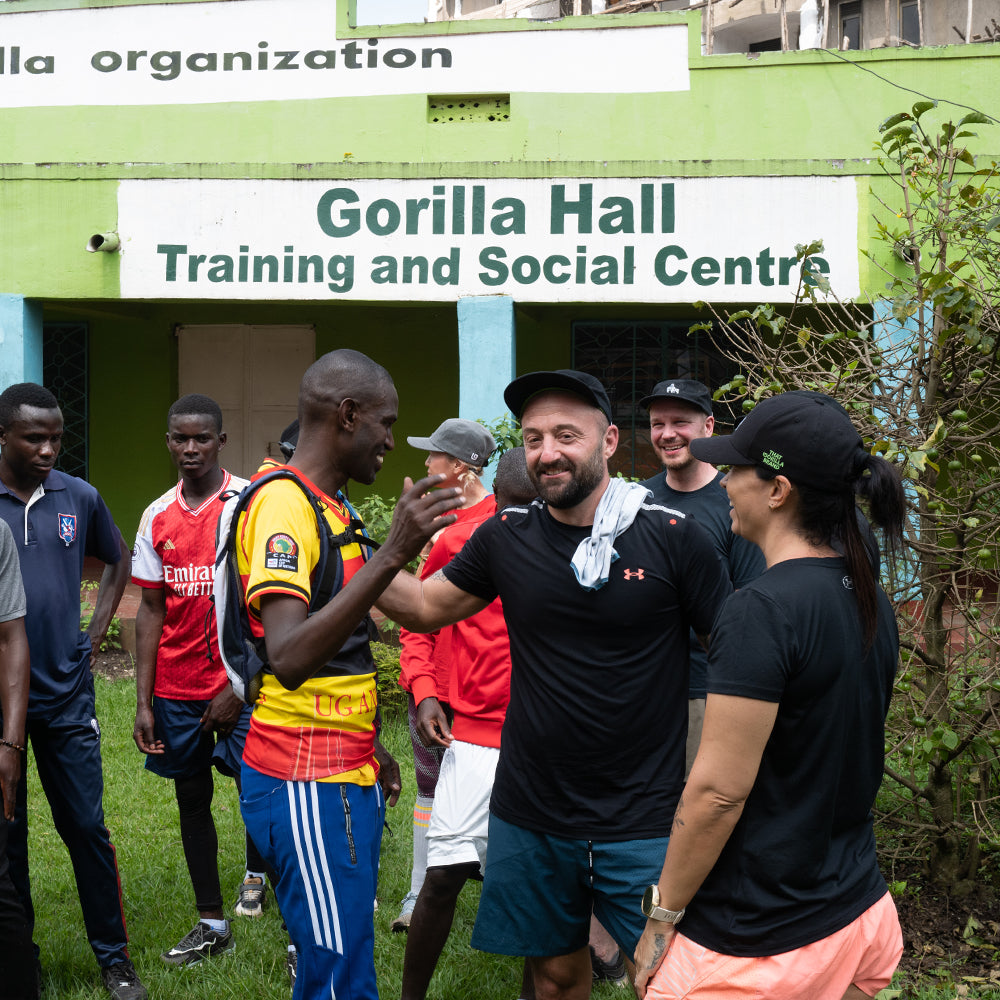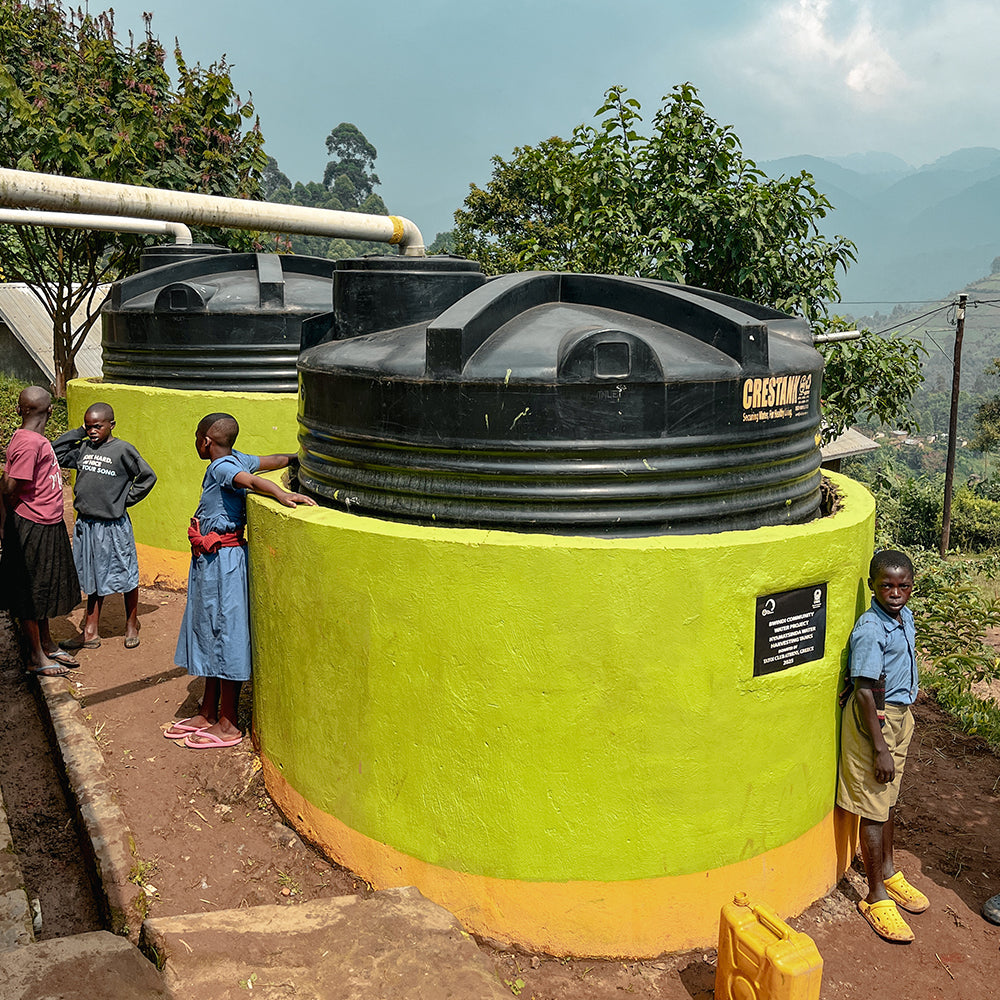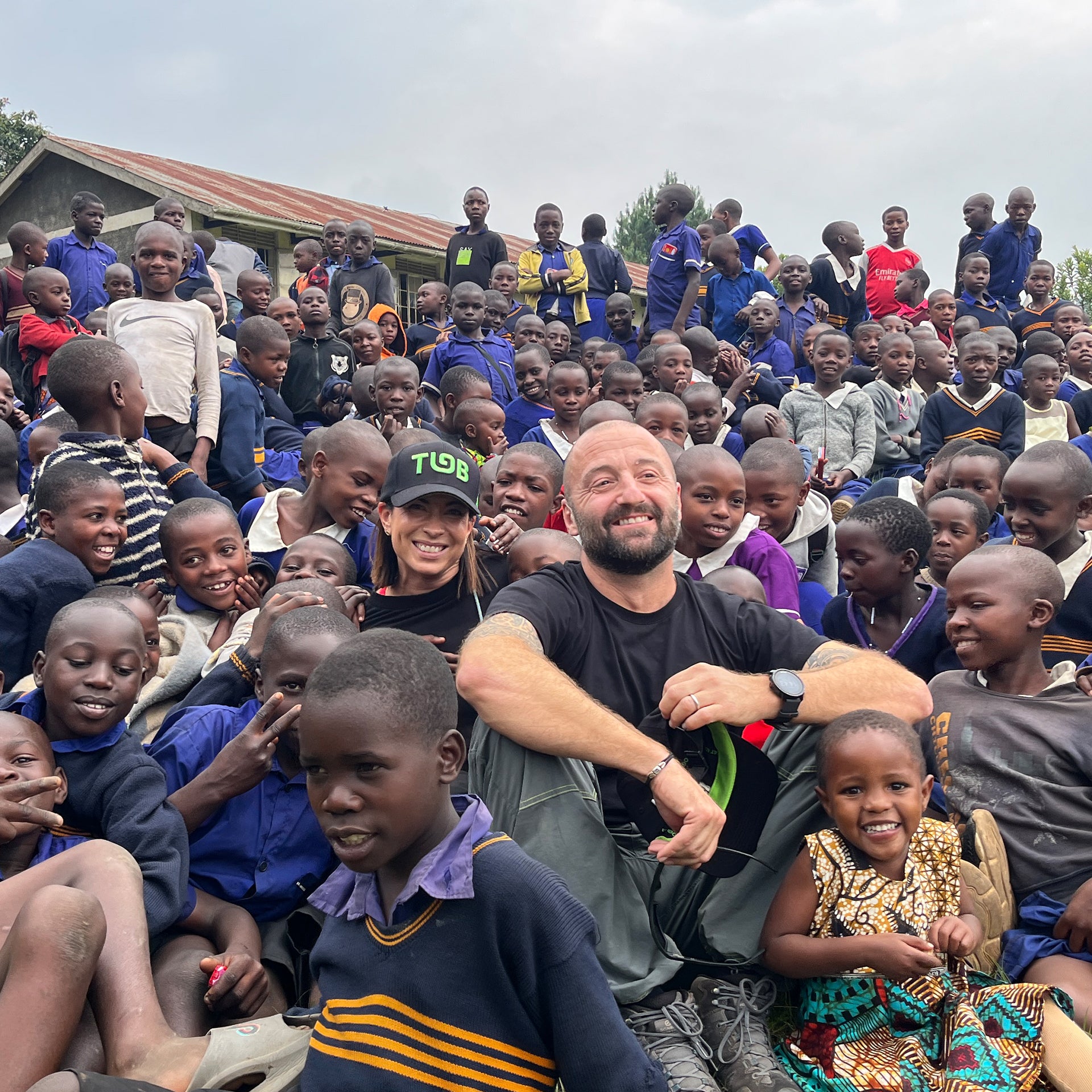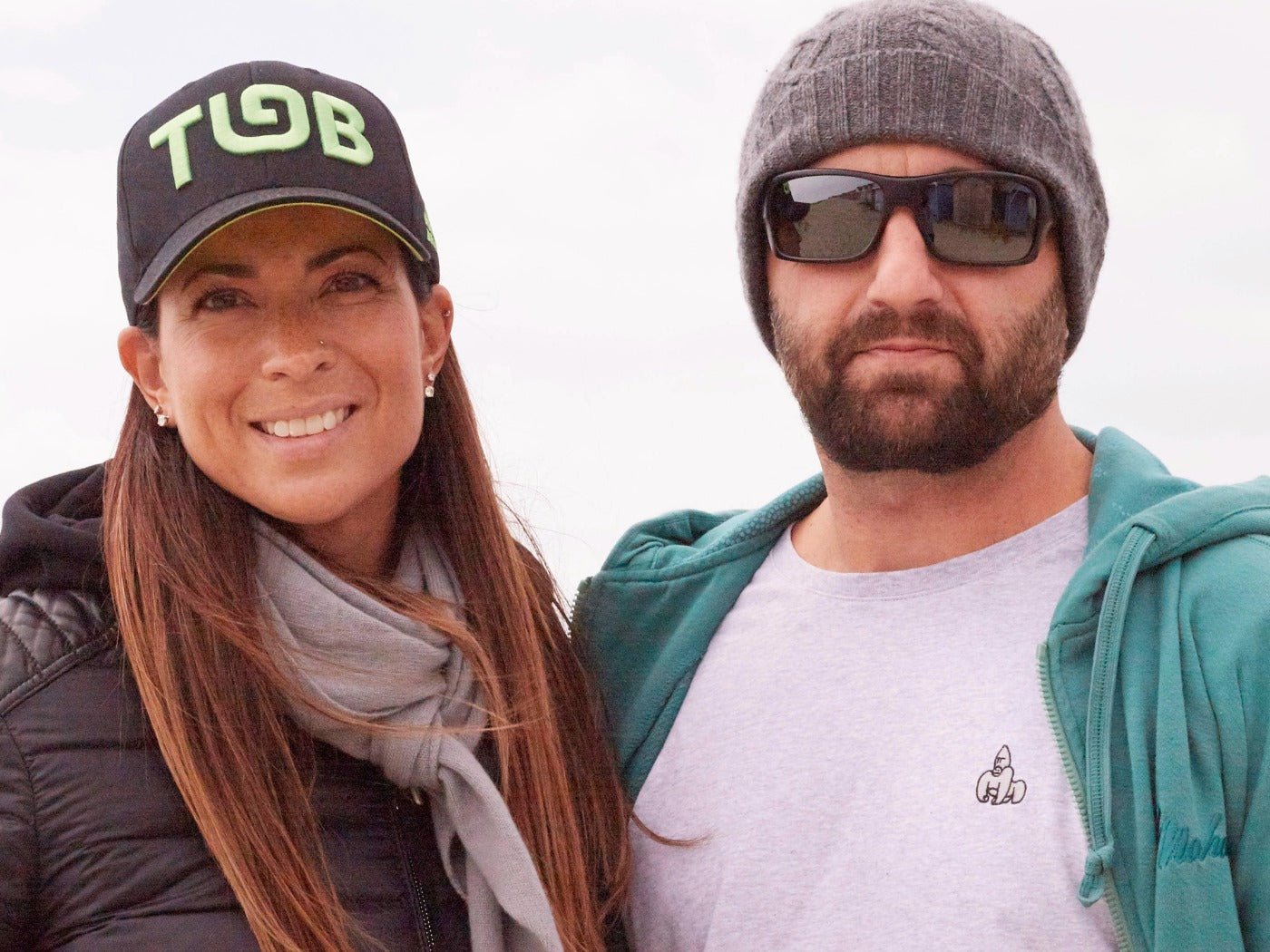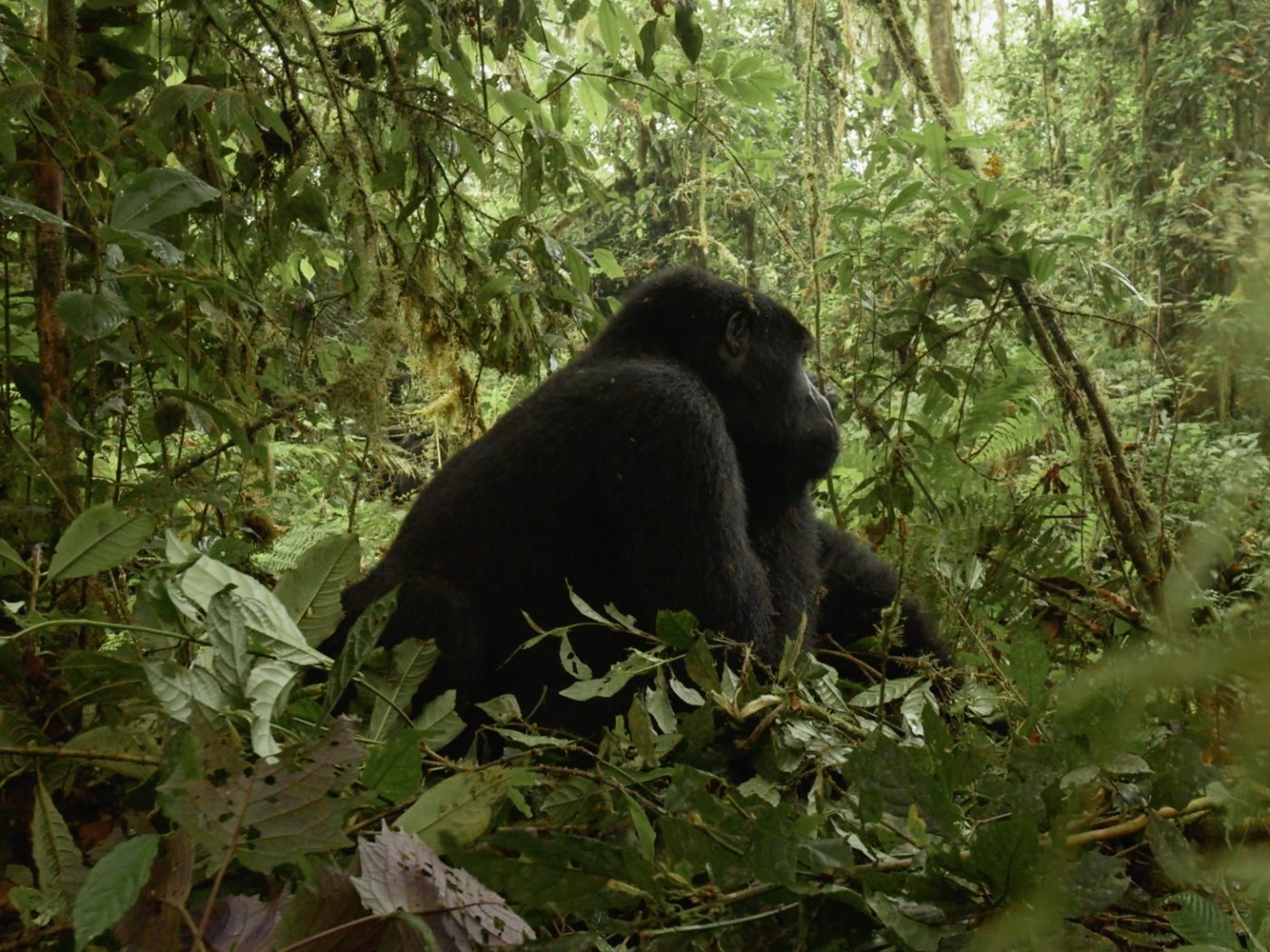Come and join us in our efforts to combat and #BeatPlasticPollution; let’s all be a part of a more responsible future for our environment by choosing with care, buying with awareness and wearing with conscience. This summer, be sustainable and stylish by investing in our innovative, sophisticated and durable swimwear; your purchase will help to protect our soils and seas, animals and plant life and land and aquatic habitats from the amassing amounts of plastic production.
As with all of our swimwear, our current collection, Kisoro, helps to tackle plastic pollution by giving a second life to plastic waste. Our swimming trunks are made with an innovative material called Seaqual Yarn, ensuring exceptional resilience, outstanding elasticity for comfort, excellent waterproof and quick-drying qualities and high UV and sunlight resistance for these essential summer pieces.
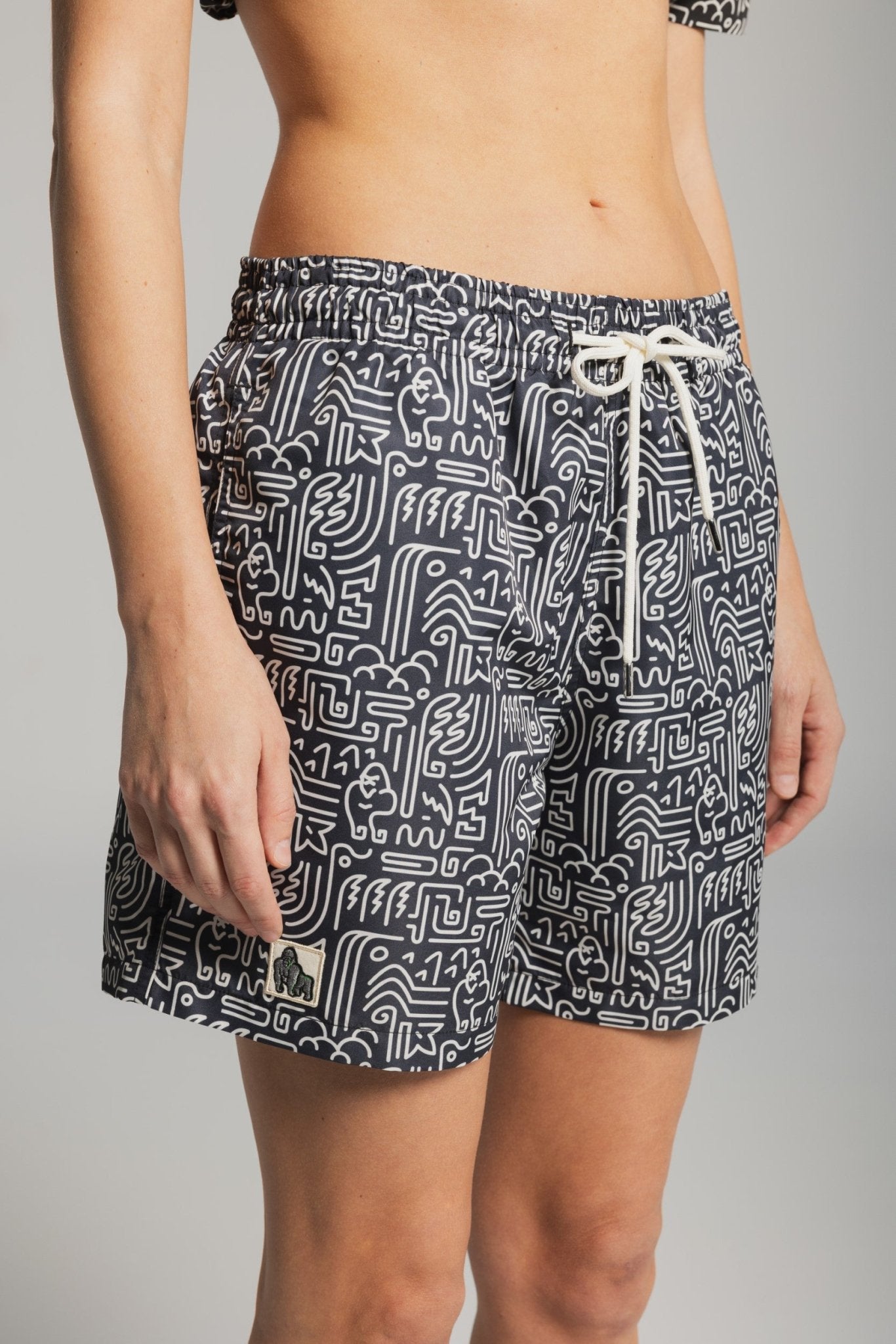
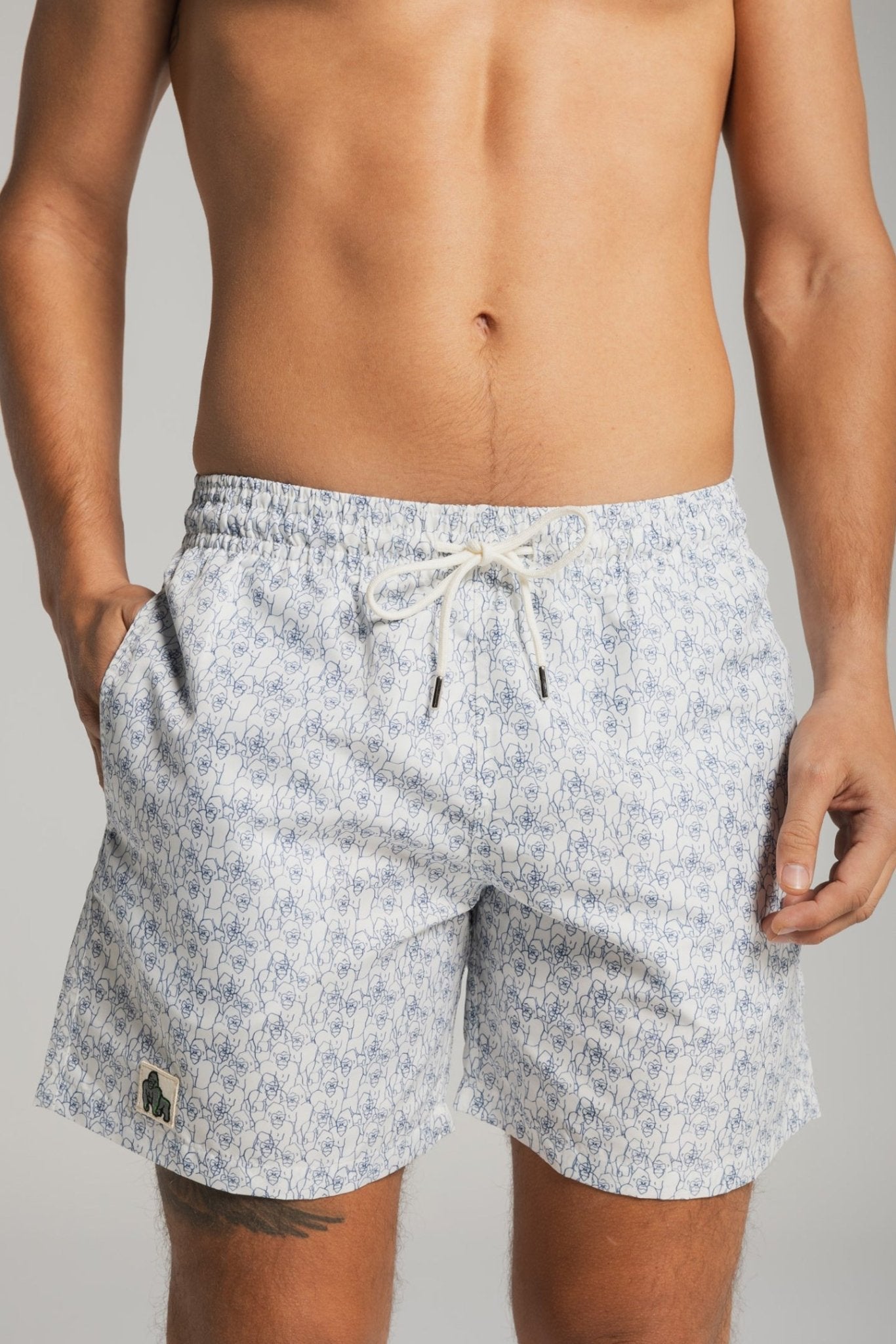
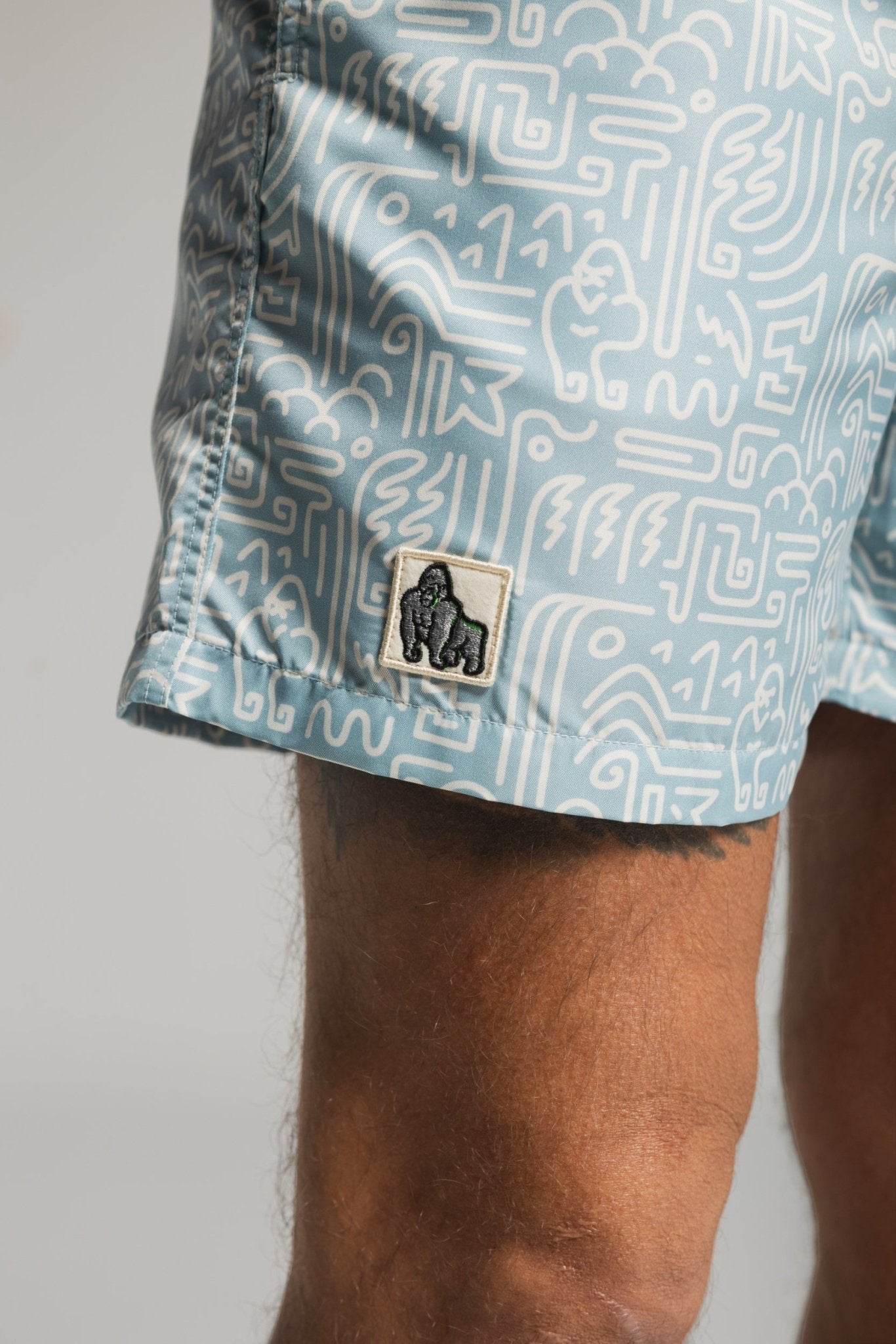
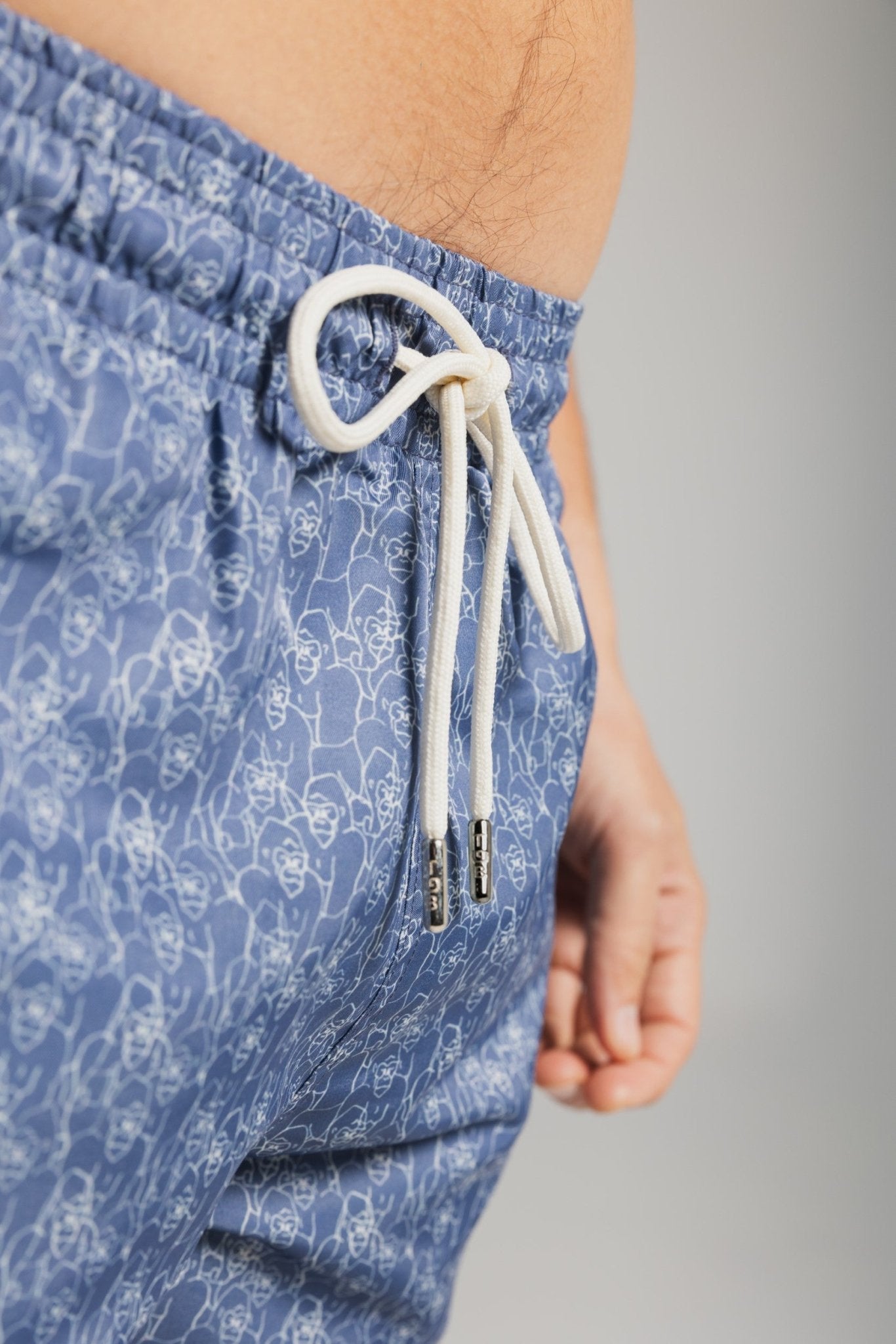
A unique and pioneering product, Seaqual Yarn is the brainchild of the Seaqual Initiative, a collaborative community of companies, organisations and individuals who work together to clean our oceans of the plastic waste that pollutes our waters, contaminates entire food chains, kills marine life and endangers human health. Doing so creates new value and new life for the waste they recover. The Seaqual community works closely with waste management and recycling industries and collaborates with ocean clean-up groups to clear marine litter from beaches, coasts, ocean floors, rivers and estuaries worldwide. They also partner with local communities, NGOs, fishermen, research institutes and regional and national authorities to transform the waste they collect into their revolutionary Seaqual Marine Plastic.

This recycled marine plastic waste is then made into Seaqual Yarn or can be used to create other inspiring, beautiful and environmentally responsible products. This group of dedicated conservationists has so far cleared an estimated 600 tonnes of waste from our oceans and transformed about 200 tonnes into Seaqual Marine Plastic for further use.

Once the Seaqual Initiative has collected the marine litter, it is sorted, chopped, melted and reformulated into Seaqual Marine Plastic, shards of recycled polyester chips. These fragments, now a totally new and fully traceable raw material, are put through a spinning process to create recycled polyester fibres, which are spun into Seaqual Yarn and then woven into fabrics with the expertise of specialised textile manufacturers.
 The result is an extremely soft, comfortable, durable, flexible, lightweight and quick-drying regenerated polyester, a synthetic cloth that has excellent moisture control properties, can be easily dyed for vibrant colours, is resistant to moths, moulds, funghi and most day- to-day chemicals and is as strong and hardwearing as virgin polyester. However, unlike plastic which uses oil and coal, and virgin polyester, which uses petroleum, Seaqual Yarn does not harness any fossil fuels in its creation; it also reduces greenhouse gas emissions and water and energy consumption.
The result is an extremely soft, comfortable, durable, flexible, lightweight and quick-drying regenerated polyester, a synthetic cloth that has excellent moisture control properties, can be easily dyed for vibrant colours, is resistant to moths, moulds, funghi and most day- to-day chemicals and is as strong and hardwearing as virgin polyester. However, unlike plastic which uses oil and coal, and virgin polyester, which uses petroleum, Seaqual Yarn does not harness any fossil fuels in its creation; it also reduces greenhouse gas emissions and water and energy consumption.The 5th of June every year marks World Environment Day, established by the United Nations to celebrate and encourage environmental action for the protection of our planet and unite the power of governments, businesses and individuals around the globe to create a more sustainable Earth. The need for action to protect our world is more important than ever; as our only home, we all have a responsibility to look after it. This global day of awareness highlights the importance of protecting and preserving the health of our environment to enhance the well-being of all humanity and the economic development of all nations. World Environment Day 2023 focuses on finding ways to tackle the grave and alarming growth of harmful plastic waste: #BeatPlasticPollution.

Our planet is drowning in plastic waste; since the 1970s, the rate of plastic production has grown faster than any other material, and half of this production is for single-use plastic products. As a result, plastic waste has risen exponentially to over 6 billion tonnes per year. To give this some context, that’s about 55 million jumbo jets worth of plastic waste polluting our lands and seas. Or, every minute, the equivalent of one garbage truck of plastic being dumped into the ocean. Less than 10% of this is recycled, which means the rest is discarded into landfills, released into the environment as unregulated waste, including into our oceans, seas, rivers and lakes, or incinerated, releasing toxic gasses and poisonous particles into the air.
Unless we change the way we produce, use and dispose of plastic, the damage of its accumulating waste lingering in our environment for centuries to come will be far-reaching. Producing plastic is cheap (most plastic products are cheaper to make new than to recycle) and uses up non-renewable fossil fuels while generating considerable amounts of carbon dioxide. Most plastic items are not fully biodegradable; they can only break down over long periods of time into smaller and smaller pieces. These microplastics leach their way into our soil, fertilisers and livestock feed, food, water and air, which are then ingested, inhaled or absorbed into our bodies and, over time, are harmful to our health. Single-use plastic items such as shopping bags, wet wipes, water bottles, food wrappers and cigarette butts clog sewers, litter habitats for a lifetime, and injure, maim and kill millions of wild and aquatic life. A total recall of plastic production and usage in the imminent future is near impossible; instead, we can help by looking at new, accountable ways to use this material more sustainably - repurposing recycled plastics into goods is one such way; this is an effective and energy- efficient way of approaching plastic production and usage and a more responsible option than producing new products from scratch.
Let’s all be a part of the equation in inspiring positive and progressive change for our natural world. That Gorilla Brand is taking active steps to #BeatPlasticPollution by breathing new life into old waste. Join us on our journey; swim with ease, lounge in comfort, wear with conscience, buy with awareness and join our troop in the protection of our planet. Nature calls for our participation and assistance; we all need to be a part of the solution.



